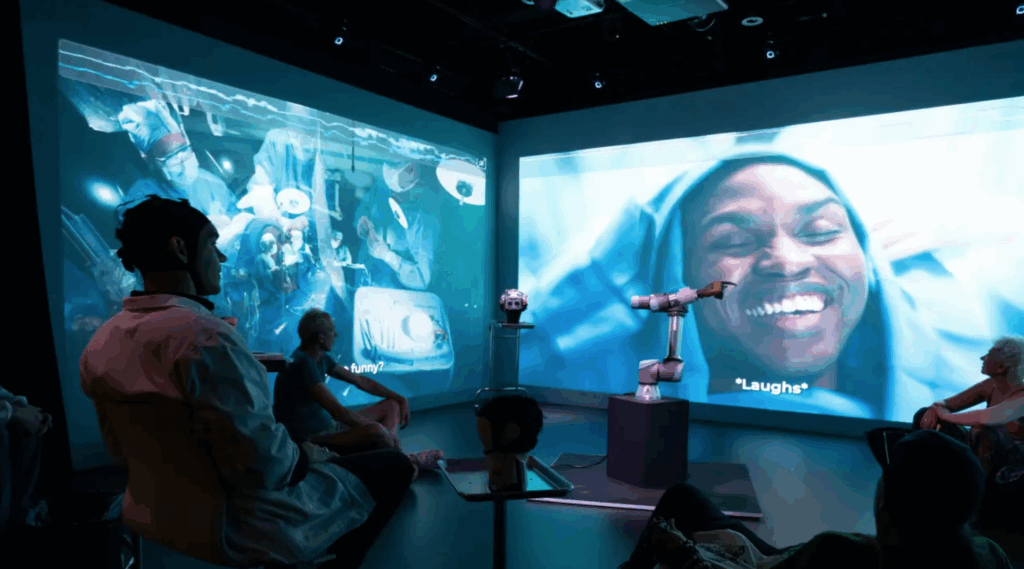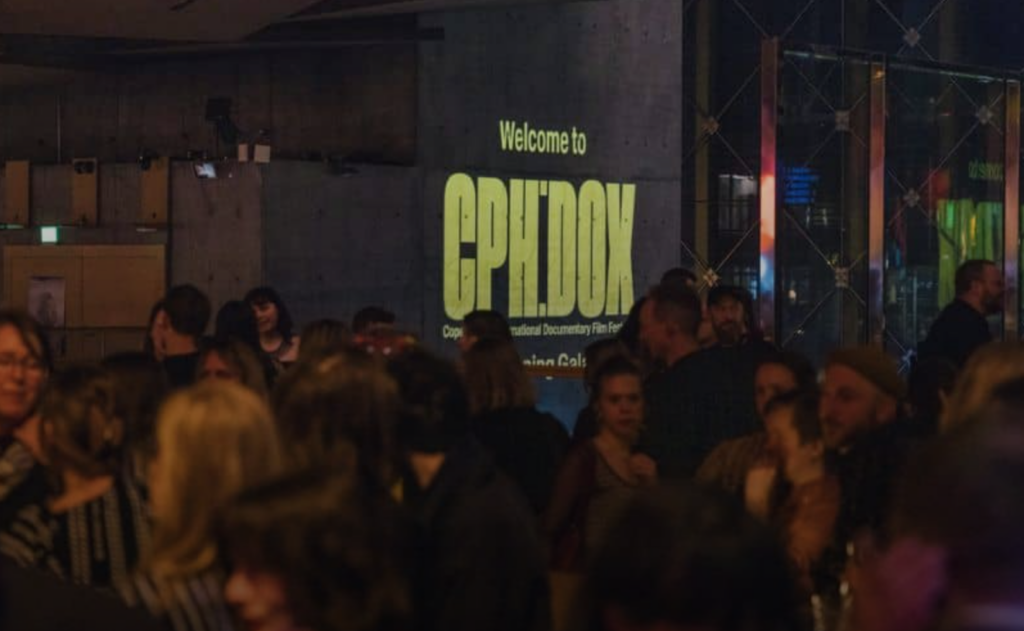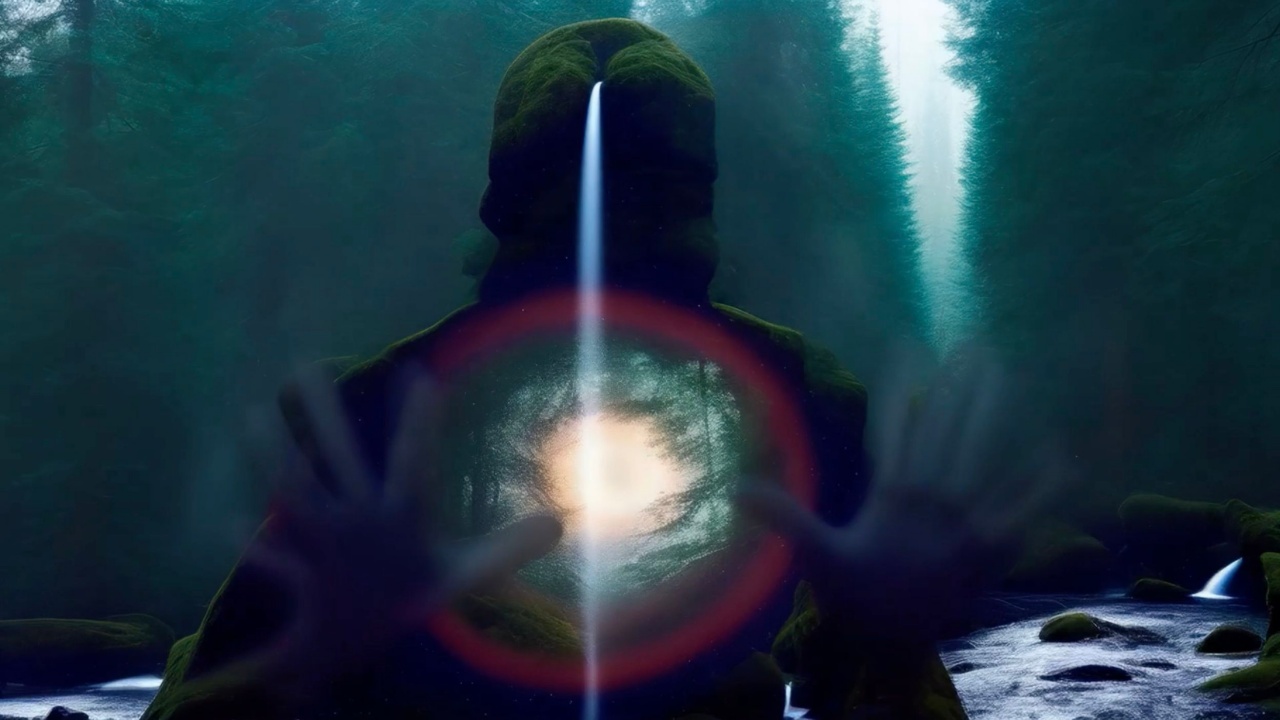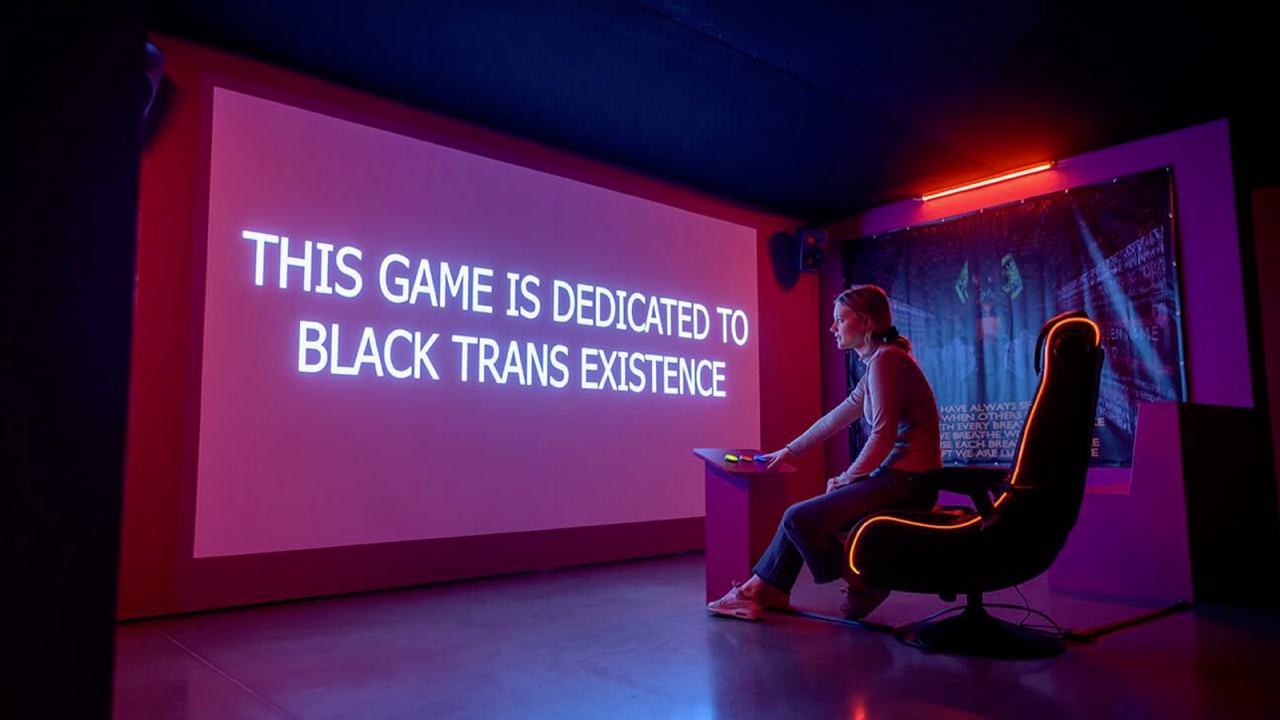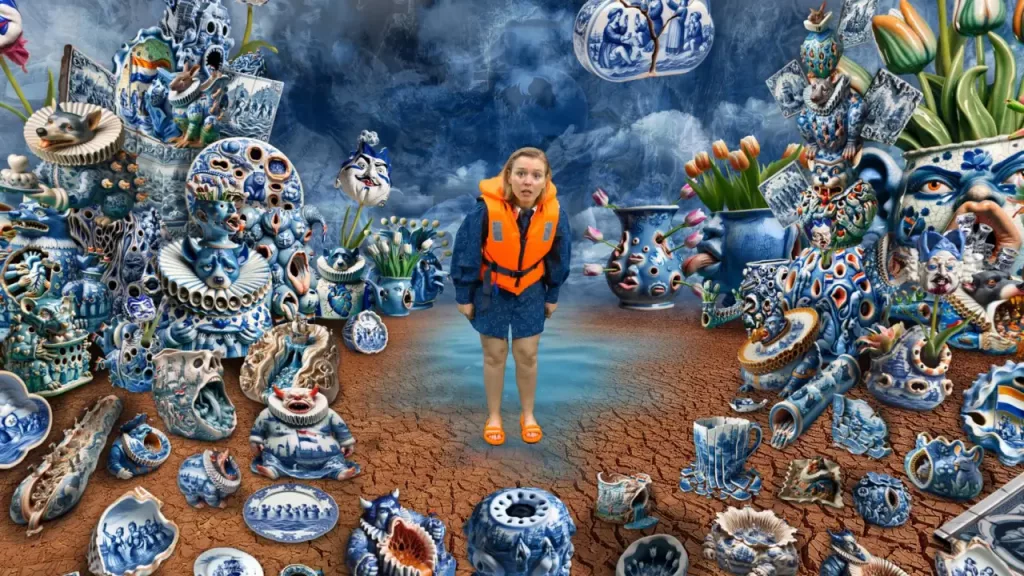
REVIVAL ROADSHOW by Anne Fehres and Luke Conroy
The DOK Neuland XR exhibition and DOK Exchange conference, taking place as part of DOK Leipzig (27 October – 2 November), explore the realities and future of XR. DOK Neuland, curated by Dana Melaver, is a public showcase of XR projects, performances and workshops and DOK Exchange XR, curated and coordinated by Weronika M. Lewandowska, is an industry programme, with critical discussions, a prototyping zone and development showcase.
We spoke to them about their respective programmes and how they are intertwined and complement each other.
W.L. – The themes for DOK Neuland and DOK Exchange are different, but also somehow connected. We’ve always collaborated, and this year we collaborated more.
D.M. – We’re interested in similar things, have similar visions for what a sustainable XR community looks like. We come together, but we arrive at similar intersections from different roads.
Immaterial [the 2025 DOK Neuland theme] is something that was percolating, and then as the projects came in, it just made more and more sense.
W.L. – Our themes are integrated in the idea to bring a bigger picture to what is happening right now in XR. It was very crucial that Dana was part of our pre-selection process for XR in development, the showcase and the prototyping zone. We were in dialogue about it. One of our past projects in the prototyping zone, REVIVAL ROADSHOW, is presented this year at Neuland. We see it can be good to find new projects at the prototyping stage which could be interesting to curators. I am also focused in the DOK Exchange XR program on digital literacy and next generation of creators and audiences, how this audience will develop and how we can support young creators to develop critical skills in a time when fiction and reality blurs.
Our inner discussion is also visible in our podcast episode – where Dana is a guest with Prodromos Tsiavos from the Onassis Foundation – where we share similar thoughts about what is important in ethical design and that we take care of the next generation in our programs.
originally published on XR Must

